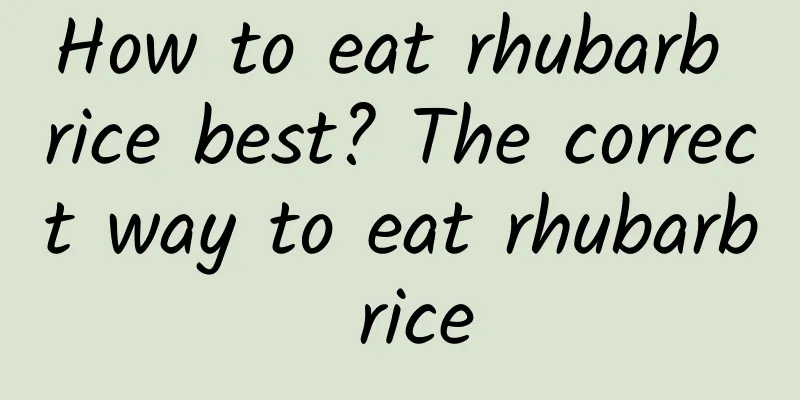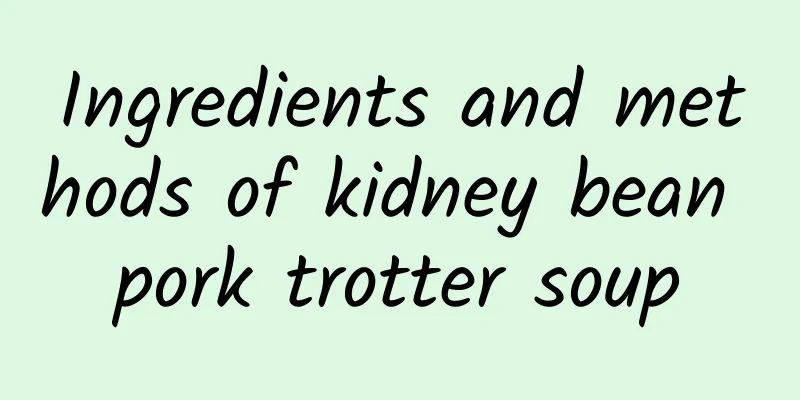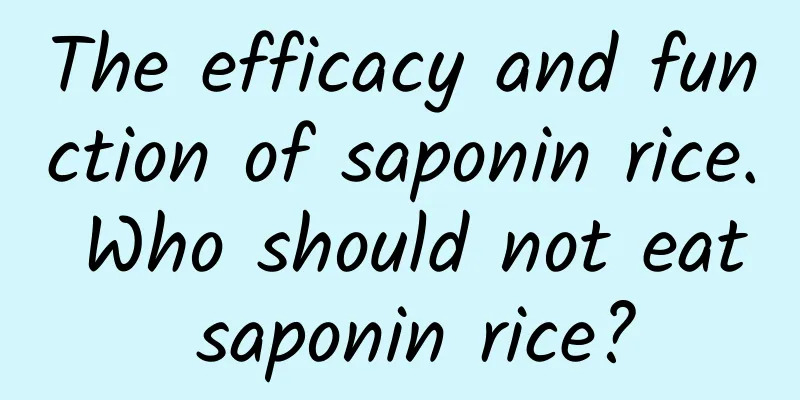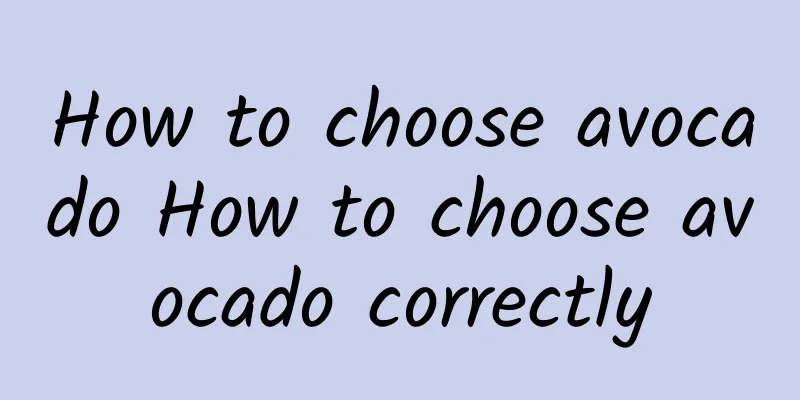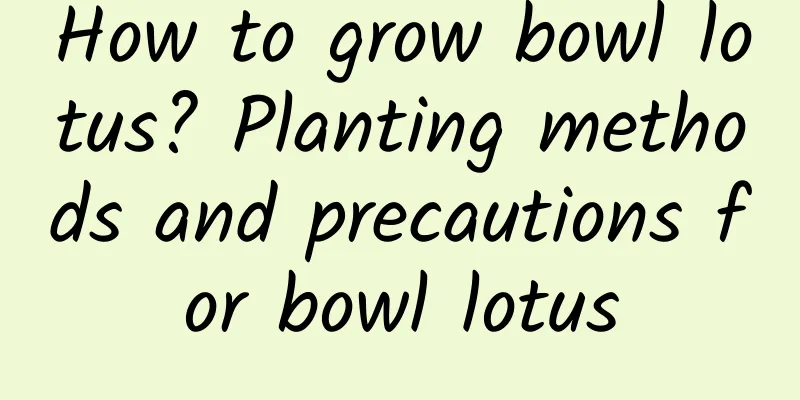Nutritional value of persimmon
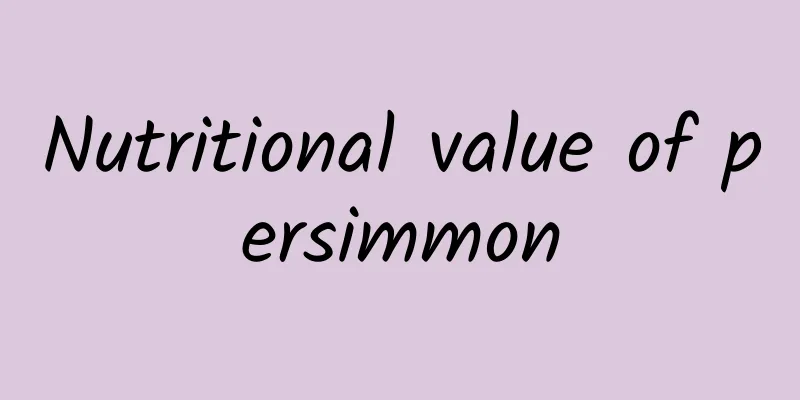
|
The nutritional value of persimmon is very high. Mature persimmon contains 15% sugar, 1.36% protein, 0.57% fat, as well as crude fiber, carotene, calcium, phosphorus, iron and other elements and multiple vitamins, especially vitamin C, which is 1-2 times higher than that of ordinary fruits. Nutritional value of persimmonPersimmons are rich in nutrition, bright in color, soft and juicy, sweet and delicious, and are loved by people of all ages. According to measurements, every 100 grams of persimmons contains more than 15 grams of carbohydrates, 28 grams of sugar, 1.36 grams of protein, 0.2 grams of fat, 19 milligrams of phosphorus, 8 milligrams of iron, 10 milligrams of calcium, 16 milligrams of vitamin C, and a variety of nutrients such as carotene. It can be eaten raw, processed into persimmon cakes and persimmon cakes, and can be used to make wine and vinegar. Persimmons are not only rich in nutrition, but also have high medicinal value. Raw persimmons can clear away heat and detoxify, and are a good medicine for lowering blood pressure and stopping bleeding. They have good therapeutic effects on the treatment of hypertension, hemorrhoid bleeding, and constipation. In addition, persimmon burdock and persimmon leaves are very valuable medicinal materials. Although persimmons are good, you can't eat too much, nor can you eat them on an empty stomach, and you should avoid eating them with acidic foods. Because persimmons contain a lot of tannic acid, gum and pectin, tannic acid will precipitate and condense into blocks in the stomach under the action of gastric acid, forming "gastric persimmon stones". Gastric persimmon stones will become stronger and harder to crush, causing congestion, edema, erosion, and ulcers in the gastric mucosa. In severe cases, it can cause gastric perforation. In addition, be careful not to eat unripe persimmons, because the tannic acid content in unripe persimmons is as high as about 25%, while mature persimmons only contain 1%. In addition to not eating acidic foods immediately after eating persimmons, you should also avoid taking certain medicines at the same time. Medicinal value of persimmonThere are thousands of varieties of persimmons, which are divided into two categories: astringent persimmons and sweet persimmons, depending on whether they can naturally remove the astringency before ripening on the tree. Among them, astringent persimmons (most of the persimmons on the market in my country belong to this category) must be artificially removed after picking before they can be eaten. The material basis for the astringency of astringent persimmons is tannic acid (also known as tannic acid). Persimmons contain a lot of carbohydrates, with 10.8 grams per 100 grams of persimmons, mainly sucrose, glucose and fructose, which is why everyone feels that persimmons are very sweet. There are not many other nutrients in persimmons, only a small amount of fat, protein, calcium, phosphorus, iron and vitamin C. In addition, persimmons are rich in pectin, which is a water-soluble dietary fiber that has a good laxative effect on the intestines. It has a good effect on correcting constipation and maintaining the growth of normal intestinal flora. According to traditional Chinese medicine, persimmons are sweet, astringent, and cold in nature. They have the functions of clearing away heat and dryness, moistening the lungs and resolving phlegm, softening hard masses, quenching thirst and promoting the production of body fluids, strengthening the spleen, treating dysentery, and stopping bleeding. They can relieve constipation, hemorrhoid pain or bleeding, dry cough, sore throat, and high blood pressure. Therefore, persimmons are a natural health food for patients with chronic bronchitis, hypertension, arteriosclerosis, and internal and external hemorrhoids. If persimmon leaves are decocted or brewed with water as tea, they can also promote metabolism, lower blood pressure, increase coronary blood flow, and relieve cough and resolve phlegm. Precautions for eating persimmonsAlthough eating persimmons has many benefits, there are a few caveats: You can't eat persimmons on an empty stomach Because persimmons contain more tannic acid and pectin, they will form lumps of varying sizes under the action of gastric acid when the stomach is empty. If these lumps cannot pass through the pylorus to reach the small intestine, they will be retained in the stomach to form gastric persimmon stones. Small gastric persimmon stones are initially like apricot kernels, but they will accumulate and grow larger. If gastric persimmon stones cannot be discharged naturally, it will cause digestive tract obstruction, severe upper abdominal pain, vomiting, and even vomiting blood. Gastric persimmon stones as big as fists have been found during surgery. If the stomach has a "bottom", the formation of gastric persimmon stones can be avoided. Persimmon peel cannot be eaten Some people think that eating persimmons while chewing the skin is more delicious than eating persimmons alone, but this way of eating is unscientific. Because most of the tannic acid in persimmons is concentrated in the skin, it is impossible to remove all the tannic acid when the persimmons are de-astringent. If you eat the skin together, it is easier to form gastric persimmon stones, especially when the de-astringent process is not perfect, the skin contains more tannic acid. Do not eat with high-protein foods such as crab, fish, shrimp, etc. In traditional Chinese medicine, crabs and persimmons are both cold foods, so they cannot be eaten together. From the perspective of modern medicine, crabs, fish, and shrimps, which are high in protein, are easily coagulated into lumps under the action of tannic acid, namely gastric persimmon stones. Diabetics should not eat Persimmons contain 10.8% sugars, most of which are simple disaccharides and monosaccharides (sucrose, fructose, and glucose), so they are easily absorbed after eating and increase blood sugar. For diabetics, especially those with poor blood sugar control, it is even more harmful. Know when to stop Tannic acid in persimmons can form compounds with calcium, zinc, magnesium, iron and other minerals in food that cannot be absorbed by the human body, making these nutrients unusable. Therefore, eating more persimmons can easily lead to a deficiency of these minerals. Because persimmons contain more sugar, people feel fuller when eating persimmons than eating the same amount of apples or raw pears, which affects appetite and reduces the intake of regular meals. It is generally believed that if you are not on an empty stomach, it is advisable to eat no more than 200 grams of persimmons at a time. Rinse your mouth after eating Persimmons are high in sugar and pectin. After eating persimmons, some of them will remain in the mouth, especially in the gaps between teeth. Coupled with the weakly acidic tannic acid, it can easily erode the teeth and form caries. Therefore, it is advisable to drink a few sips of water or rinse your mouth in time after eating persimmons. |
<<: Loquat weight loss method, how to eat loquat to lose weight
>>: What is the nutritional value of persimmon and what are the benefits of persimmon
Recommend
The efficacy and nutritional value of sweat vegetable
Sweat vegetable is a wild vegetable with a fresh ...
What should not be eaten with sand pears? What should be paid attention to when eating sand pears?
Sand pear is a kind of fruit with cold nature. It...
The efficacy and function of fig peel
Figs are a particularly popular and delicious fru...
What are the benefits of eating dried dragon fruit?
Dragon fruit is a common tropical fruit that ever...
The medicinal value and efficacy of champagne fruit
Have you ever eaten champagne apple? It looks lik...
Pumpkin health recipes How to cook pumpkin most effectively
There are many kinds of pumpkin health recipes, s...
RINA_What is it like? RINA_RINA reviews and website information
RINA is a founding member of the International Ass...
The benefits of eating wild leeks
I'm sure everyone eats leeks often, but the l...
Silver Queen breeding methods and precautions
Many people don't know what Silver Queen is. ...
Olive oil whitening and freckle removal knowledge Can olive oil whiten and remove freckles?
I believe many people are very interested in the ...
How to make grapefruit juice Grapefruit juice ingredients and steps
Grapefruit is a fruit with a particularly high nu...
Benefits of Apple Carrot Juice
A big red apple makes you feel extremely satisfie...
The efficacy and function of dandelion The medicinal value of dandelion
Dandelion is a wild herb, also known as dandelion...
How to make sour jujube porridge
Sour jujube porridge - Sour jujube porridge is on...
Homemade pickled garlic eggplant recipe
Eggplant is a kind of fruit that is commonly eate...
